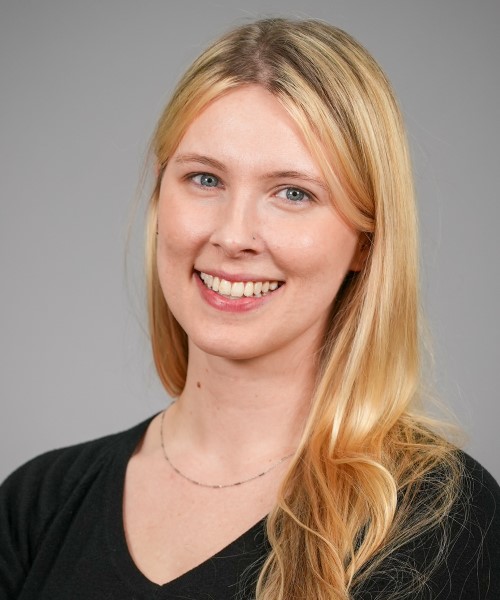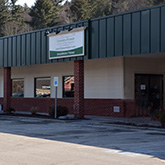At Central Vermont Medical Center our Speech Language Pathologists (SLPs) evaluate and treat adults and children who are experiencing problems eating and drinking.
Swallowing disorders, also called dysphagia (dis-FAY-juh), prevent food from passing correctly between the mouth and the stomach, therefore making eating and/or drinking difficult. While swallowing disorders are more common among the elderly, certain conditions can lead to disorders among any age adult or child.
Individuals with dysphagia can experience poor nutrition or dehydration and are at risk of aspiration (food or liquid entering the airway), which can lead to pneumonia and chronic lung disease, less enjoyment of eating or drinking, and embarrassment or isolation in social situations involving eating.
Detailed information about Swallowing Disorders can be found at the American Speech-Language-Hearing Association website at: http://www.asha.org/public/speech/swallowing/SwallowingAdults.htm.
Diagnosis and Treatment
At CVMC Rehabilitation Theraphy, a speech-language pathologist (SLP) can evaluate adults and children who are experiencing problems eating and drinking. The SLP will take a careful history of medical conditions and symptoms, look at the strength and movement of the muscles involved in swallowing, observe feeding to see posture, behavior, and oral movements during eating and drinking. Sometimes a further diagnostic test, called a Videofluoroscopic Swallowing Study (VFSS), is required (see description below).
The speech-language pathologist may recommend:
- Specific swallowing treatment (e.g., exercises to improve muscle movement) using surface electromyography (sEMG) as a biofeedback modality if appropriate.
- Positions or strategies to help the individual swallow more effectively.
- Specific food and liquid textures that are easier and safer to swallow.
Videofluoroscopic Swallowing Study
Sometimes the SLP needs even more information about how you swallow. You may need another swallowing test—this time in the radiology, or Diagnostic Imaging, department. When you have a swallowing test in the SLP's office or in your hospital room, the SLP can't see what is happening inside your mouth and throat.
The Modified Barium Swallow (MBS) or Videofluoroscopic Swallowing Study (VFSS) allows the SLP to see:
- If food is going into your airway instead of your stomach, called aspiration;
- which parts of your mouth and throat may not be working well;
- what kinds of food are safest for you to swallow; and/or,
- if certain positions or strategies help you swallow better.
The procedure
Sitting next to an x-ray machine, you will be given different foods and drinks mixed with barium. The barium makes the food and liquid show up on the x-ray. Barium is not harmful and won't stay in your body for too long. The x-ray machine is only turned on while you swallow so you don't get too much radiation.
The SLP may ask you to do different things during the test:
- You may try soft foods and hard foods, and thin liquids and thick liquids.
- You may take small amounts and large amounts.
- You may be asked to move your head in different positions.
- You may also try things like swallowing hard.
The test will be recorded so it can be watched again later.
 Speech Language Pathologist
Speech Language Pathologist

CVMC Rehabilitation Therapy - Berlin
Phone
Fax
802-371-5350

